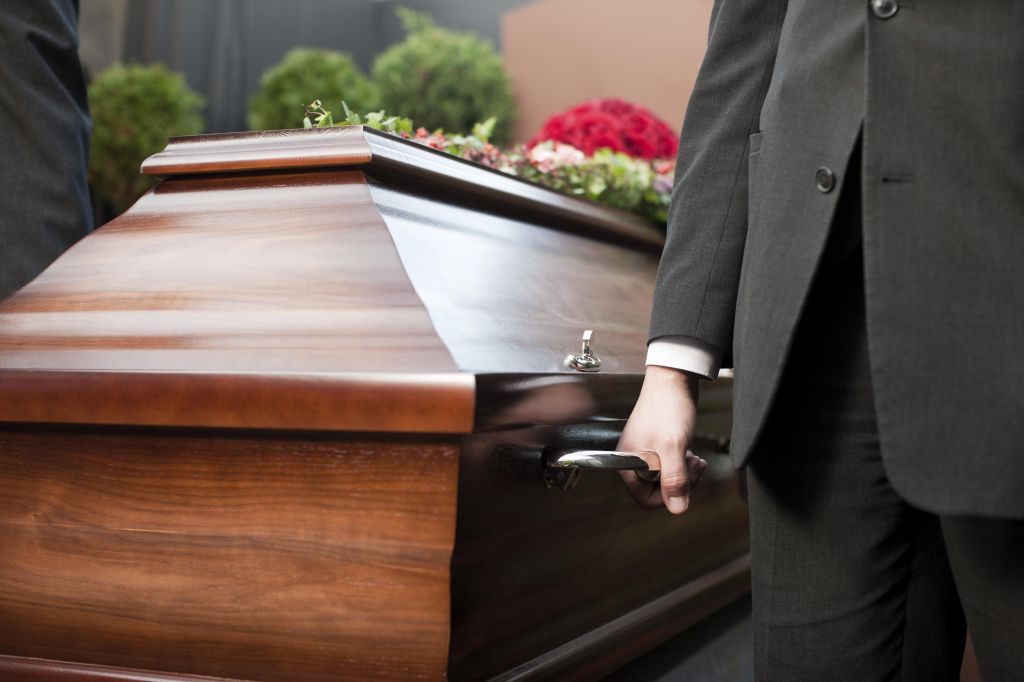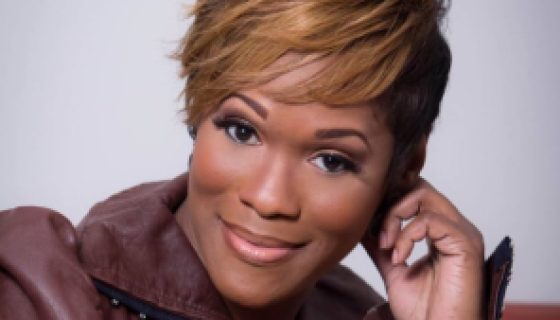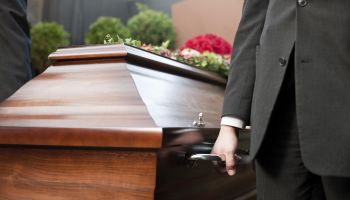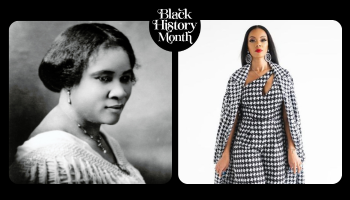VIA THE WASHINGTON POST:
Tonette Sivells, the first in her family to graduate from college, saved her money to achieve another dream: buying her first home, in Congress Heights.
But when a community group suggested opening a home for at-risk youths, she and other neighbors opposed it, because there are four programs to help the needy in close proximity. For that act of defiance, Sivells, who works with victims of domestic violence, found herself labeled as selfish and uncaring.
“They bit our heads off. Called us rich. Said we don’t care about the youth, we don’t care about black people,” said Sivells, 35, who grew up in inner-city Baltimore. “That is not true.”
Gentrification is usually thought of as the white middle class displacing low-income residents in traditionally black neighborhoods. But increasingly in the District, black professionals are being hit with the same tag as they move into neighborhoods, organize, and weigh in on how to improve their way of life and preserve property values.
Ronald Moten, a founder of the anti-violence group Peaceoholics, which proposed the youth residential program, said Sivells and her Congress Heights neighbors are being shortsighted. Moten said they have a not-in-my-backyard attitude toward his organization’s project. If residents wanted to buy expensive condominiums, they should have moved to Georgetown, he said, not to a neighborhood filled with poor people.
“You can’t just come here and push the people out who were here before you,” he said. “Somebody poor is going to be in that building. I guarantee that.”
Moten said he and his organization have been in the community and working to improve the neighborhood by providing opportunities to young people, such as helping renovate the building for the residential program. Those who oppose his project have not done anything for the community, he said.
The organization bought the property, at 1300 Congress St. SE, for $400,000 last May. It hopes that by September it could become a $1.2 million condominium with 13 units of affordable housing for youths, founder Jauhar Abraham said.
Abraham and Moten said opponents have unfairly labeled the project a group home. Abraham said Peaceoholics will accept applications from older at-risk youths, who could eventually purchase their condo. The program would teach life skills and financial management.
It is not clear where the applicants would come from, Abraham and Moten said, but as part of the group’s agreement with the city to get public funds, they must serve underprivileged District residents.
Sivells and her neighbors have been working with Sandra Seegars, an Advisory Neighborhood Commission member who is now being sued for libel by the Peaceoholics, to talk about their concerns with the Peaceoholics since February, before renovation on the building began.
There are four shelters, programs and group homes near the Peaceoholics project. Neighbors cite a law that says group community residences should be at least 500 feet from each other.
“We just don’t want everything clustered on one corner,” Sivells said. “The zoning laws in D.C. seem to agree with us.”
But the neighbors said they are not having much luck getting cooperation from the city.
Bernadette Briscoe has lived in the neighborhood for more than 40 years, a block away from the site of the proposed project. Not long ago, she said, three young men were shot on the block, and a woman was kidnapped and raped. Now, though, the community has a Giant grocery store, and she fears that the proposed project would lower her property value.
“We agree we need to help kids. We need to help young adults,” Briscoe said. “We can’t put them all in the same place.”















